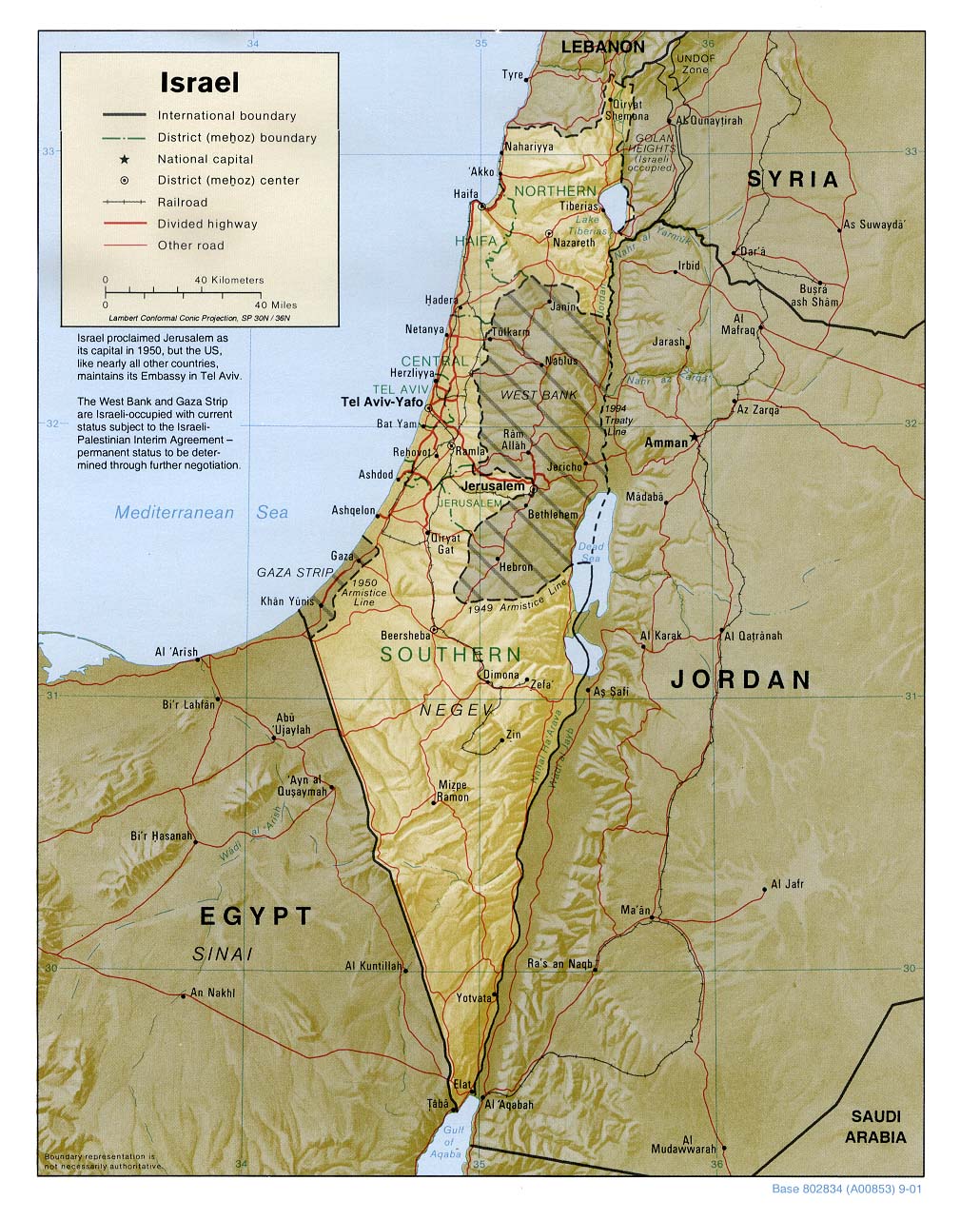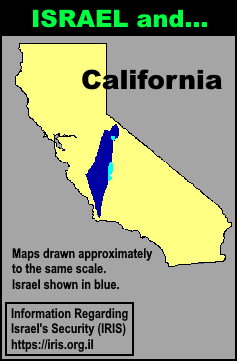The last two days here in Tel Aviv were a large change from the other 8 days spent here in Israel. First of all, Tel Aviv is the super metropolis of Israel, very modern, very beautiful, as it sits on the Mediterranean Coast. It is a very cosmopolitan city, and it is hard to imagine that this is also the Land of Abraham, Isaac, Jacob, Jesus and the twelve Apostles. I wonder what Jesus would have thought about the thirteen story hotels and surfers along the ocean boardwalk. It’s a far scream from biblical times, and so the ability to reflect has been a little more challenging. Of course fatigue has also set in.
We started yesterday by visiting another school that has partnerships with schools in Los Angeles. I filmed most of the parts of the students speaking, and I will work on posting the conversation because I always find the voices of the students to be very accurate and innocent to the realities that the youth of Israel face. Please look back for that.
We then continued on to the Yitzhak Rabin Center. It is a new memorial museum, remembering the life and work of former Prime Minister Yitzhak Rabin, who worked diligently towards peace between Israel and Palestine. He was assassinated during a peace rally here in Tel Aviv. After the experience of hope from visiting the Hand in Hand school, the Rabin Center was a shot of reality. I walked out of there challenged again by the reality of peace here in Israel. I know that this will not be something that I will easily forget when I get home, and I am working on finding my place in the peace building process.
In the evening we were joined by students from the Bina Secular Yeshiva, which is a house of Talmudic study for high school graduates doing an interim year of study and volunteering before entering into the Army. I don’t know if this is the best explanation, but I am trying to be brief as I look at the clock and the need to shower and pack. I was incredibly impressed by these young adults who are known here in Israel as secular because they do not follow the Orthodox laws of Judaism, but they have a desire, as one student said it, “that burns within him”, to study and learn the Judaic writings of the Bible and Talmud. They do it not so much for religious purposes, but because it is a part of the Israeli culture, and they feel that it is important to know that history if you are going to know yourself. I saw a lot of parallels between many Catholics in the US who identify themselves as Catholics by culture but not by practice. It was amazing to see the close relationship that they have, and it was a great opportunity to help share with them the realities of our Catholic faith.
As the evening continued on our conversation would shift from religion to politics and then to the conflict, and I feel that I was able to articulate my hopes towards the road of peace. I am a firm believer in education as a tool to achieve justice. I feel that, as the Hand in Hand school demonstrated, that education will be key to Israel and Palestine’s peace. Only when each community can begin teaching the other to see eye-to-eye, rather than inciting more misunderstanding and confusion, then peace will be found. As I was sharing this with Bar, who finds himself a minority in the voice of his people, when he speaks about peace and supporting Palestine, he screamed a great Amen, and there was kinship in that moment that I will not forget. His affirmation of my thoughts tells me that I am not alone in thinking this, which means that we have moved one step forward in achieving this. Step by step we will get there.
As I finish this up, I want to thank you for following along on this journey with me. I will continue to write when I return, and will be inviting my students to share their thoughts on the lessons that I bring back. I encourage you to continue revisiting this site, and continue to share your comments because the best thing that can come from all of this is dialogue. I will continue to pray for peace in the state of Israel, and hope that you will continue to join me in this prayer!
Paz, Shalom, Salaam, Peace




















